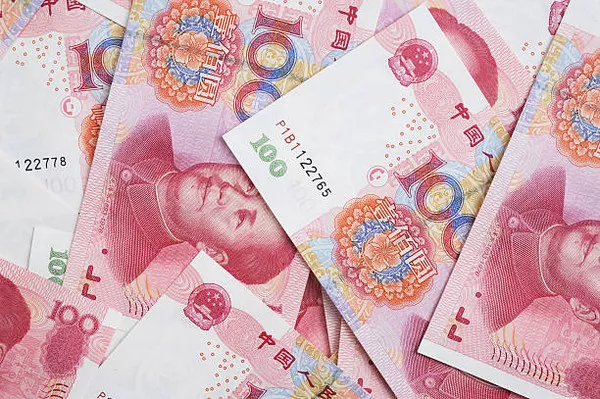The value of a currency plays a crucial role in the economic landscape of any nation, affecting trade, investment, and overall economic stability. The Chinese Yuan (CNY), also known as the Renminbi (RMB), is no exception. As one of the world’s major currencies, understanding the factors that influence its value is essential for policymakers, investors, and businesses operating in or with China. In this article, we delve into the various factors that control the value of the CNY.
Economic Fundamentals
Like any other currency, the value of the CNY is influenced by economic fundamentals. These include factors such as inflation rates, interest rates, GDP growth, and overall economic stability. For instance, higher inflation rates may erode the purchasing power of the currency, leading to depreciation, while higher interest rates can attract foreign capital, thereby strengthening the currency.
China’s Central Bank Policies
The People’s Bank of China (PBOC) plays a central role in determining the value of the CNY through its monetary policies. The PBOC employs tools such as open market operations, reserve requirements, and interest rate adjustments to manage the currency’s value. For example, by buying or selling government securities in the open market, the central bank can influence the money supply, thereby impacting the exchange rate.
Trade Balance
China is one of the world’s largest trading nations, and its trade balance has a significant impact on the value of the CNY. A trade surplus, where exports exceed imports, tends to strengthen the currency as it reflects higher demand for Chinese goods and services, leading to an influx of foreign currency into the country. Conversely, a trade deficit may weaken the currency as it indicates higher demand for foreign goods relative to domestic products.
Foreign Exchange Reserves
China holds one of the largest foreign exchange reserves in the world, primarily denominated in US dollars. These reserves act as a buffer against currency fluctuations and provide the PBOC with the ability to intervene in the foreign exchange market to stabilize the value of the CNY. By buying or selling foreign currencies, the central bank can influence the exchange rate and maintain stability in the currency markets.
Market Sentiment and Speculation
Market sentiment and speculative activities can also influence the value of the CNY. Perceptions of China’s economic prospects, geopolitical tensions, and global market conditions can all affect investor confidence and capital flows, thereby impacting the currency’s value. Speculative trading in the foreign exchange market can lead to short-term fluctuations in the exchange rate, independent of underlying economic fundamentals.
Government Interventions
The Chinese government plays a significant role in controlling the value of the CNY through various interventions and policies. These may include capital controls, currency pegs, and direct market interventions by state-owned banks. For instance, in the past, China has employed a managed float system where the PBOC sets a daily reference rate for the CNY against a basket of currencies and allows it to fluctuate within a predetermined band.
Global Economic Factors
The value of the CNY is also influenced by global economic factors such as the strength of the US dollar, commodity prices, and geopolitical developments. For example, a strengthening US dollar tends to put pressure on emerging market currencies like the CNY, while rising commodity prices can benefit commodity-exporting nations like China, potentially boosting the value of the currency.
Structural Reforms
China’s ongoing structural reforms aimed at rebalancing the economy and promoting sustainable growth also have implications for the value of the CNY. Measures such as financial market liberalization, efforts to increase domestic consumption, and improvements in corporate governance can enhance investor confidence and support the currency. Additionally, reforms to the exchange rate regime and capital account liberalization can influence the CNY’s value over the long term.
Conclusion
The value of the Chinese Yuan (CNY) is influenced by a complex interplay of economic, financial, and policy factors. From economic fundamentals and central bank policies to trade balances and global market dynamics, multiple variables shape the currency’s value. Understanding these factors is essential for policymakers, investors, and businesses seeking to navigate China’s dynamic economic landscape and manage currency-related risks effectively. As China continues to integrate into the global economy and undergo structural reforms, the dynamics influencing the value of the CNY are likely to evolve, highlighting the importance of ongoing analysis and adaptation.


